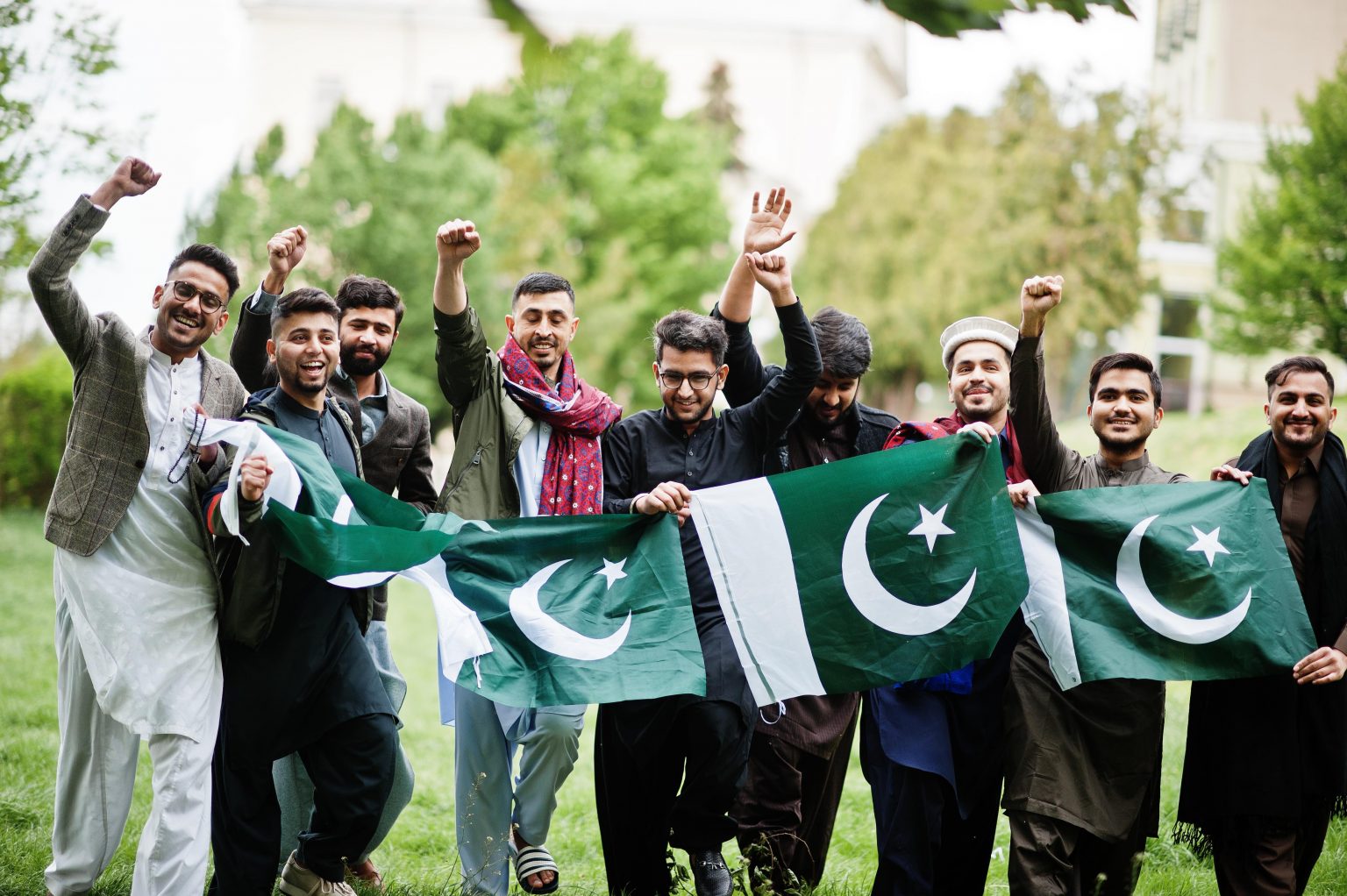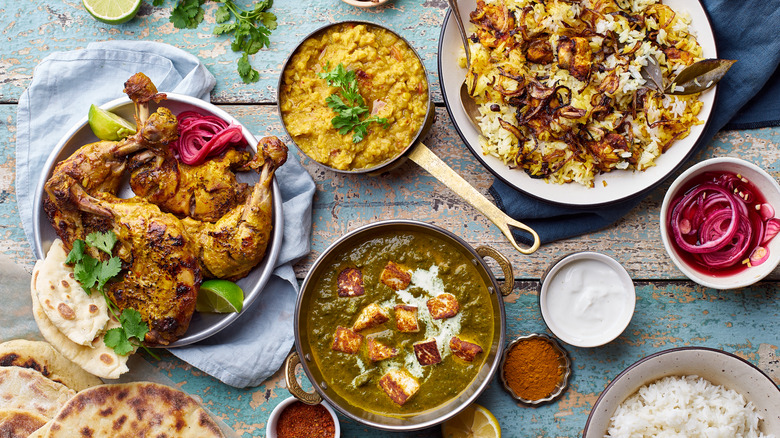Unveiling Pakistani Sexuality: Navigating Taboos, Digital Spaces, And Personal Expressions
Exploring the multifaceted landscape of sexuality in Pakistan is a complex endeavor, deeply intertwined with cultural norms, religious interpretations, and the burgeoning influence of digital platforms. In a society often characterized by its conservative values and a strong emphasis on modesty, discussions around sexuality, especially "Pakistani sex" in its various forms, are largely relegated to private spheres or, increasingly, to the anonymous realms of the internet. This article aims to delve into these intricate dynamics, examining how traditional values intersect with modern expressions and the evolving role of online spaces in shaping perceptions and providing avenues for personal expression.
The dichotomy between public adherence to strict moral codes and the private realities of human desire creates a unique environment where sexuality is both suppressed and subtly, or overtly, explored. From individual confessions to the proliferation of specific online content, the digital age has provided a clandestine stage for discussions and expressions that would otherwise remain hidden. Understanding this landscape requires a nuanced approach, acknowledging the societal pressures while also recognizing the human need for connection, intimacy, and self-expression, even within a highly restrictive framework.
Table of Contents
- The Cultural Tapestry of Sexuality in Pakistan
- The Digital Divide: Online Expressions vs. Offline Realities
- The Paradox of Hypocrisy and Hidden Desires
- Western-Born Pakistanis: Bridging Cultural Gaps
- The Pervasiveness of Online Adult Content: A Reflection?
- Understanding Consent and Safety in Digital Interactions
- The Search for Connection and Intimacy
- Moving Forward: Fostering Open Dialogue
The Cultural Tapestry of Sexuality in Pakistan
Pakistan is a nation with a rich cultural heritage, deeply influenced by Islamic traditions and centuries-old social customs. These foundational elements significantly shape societal attitudes towards sexuality, creating a framework that often prioritizes modesty, family honor, and adherence to conservative interpretations of religious texts. Public discourse on "Pakistani sex" or any aspect of intimate relations is generally avoided, considered taboo, and confined to the most private of spaces, if discussed at all.
- Who Is Melissa Mccarthys Sister
- Artistic Pursuits
- What Is Mayberry
- Hallmark Movies Based On Books
- Scott Wapner
Societal Norms and Religious Influences
In Pakistan, traditional societal norms dictate that sexual activity should be confined within the bounds of marriage. Premarital and extramarital relations are strongly condemned, both religiously and socially. This strict adherence to conventional morality often leads to a lack of comprehensive sex education, even within families, fostering an environment where curiosity about sexuality might not be openly addressed. The result is often a reliance on informal channels for information, which can be inaccurate or misleading. The emphasis on collective honor, particularly that of the family, means that individual sexual expression is often suppressed to maintain social standing and avoid ostracization. This societal pressure can lead to significant internal conflict for individuals whose personal desires or identities do not align with these rigid expectations.
The Concept of Honour and Modesty
The concept of 'honour' (izzat) plays a pivotal role in Pakistani society, especially concerning women's sexuality. Modesty in dress and behavior is highly valued, and any perceived transgression can bring shame upon the family. This cultural emphasis on modesty and honour contributes to the silence surrounding sexuality, making it difficult for individuals to openly discuss their experiences, concerns, or curiosities. The pervasive nature of these norms means that even in private, conversations about "Pakistani sex" or intimate relationships are often hushed, creating an atmosphere where many feel isolated in their experiences and struggles related to their sexuality.
The Digital Divide: Online Expressions vs. Offline Realities
Despite the conservative offline environment, the digital realm offers a stark contrast, providing a relatively anonymous space where individuals can explore, express, and connect in ways impossible in their daily lives. This digital divide highlights a fascinating aspect of "Pakistani sex" – the hidden desires and expressions that find an outlet online. The "Data Kalimat" provided offers a glimpse into these online phenomena, revealing a vibrant, albeit often clandestine, digital life where people seek connection, confess, and explore their identities.
- Pinks Daughter Willow Age
- Does Cheryl Hines Have Any Children
- Richard Burton And Elizabeth Taylor Marriage
- Kate Middleton Pippa
- Mary Kate Olsen In Bikini
Confessions, Communities, and Venting Platforms
Online platforms have emerged as crucial outlets for Pakistanis to share experiences, seek advice, and simply vent. Phrases like "Welcome to Pakistani confessions, a place where all our fellow Pakistani people can come together to confess what we truly have in our hearts. You are free to vent, rant, ask for advice or even a..." illustrate the existence of communities dedicated to discussing personal matters, including those related to sexuality, which are otherwise taboo. These spaces serve as a psychological release valve, allowing individuals to navigate their feelings and experiences without fear of immediate social repercussions. The anonymity offered by these platforms encourages a level of openness rarely seen offline, providing a unique window into the private thoughts and desires of a population living under strict social scrutiny.
Exploring Diverse Sexualities Online
The digital space also provides a platform for individuals exploring non-normative sexualities. The "Data Kalimat" mentions, "Check gay apps from android app store and you will find many gay singles ready to mingle," and "So i guess gay sex is more common than lesbian sex in Pakistan." These observations suggest that online platforms facilitate connections for individuals identifying as gay, lesbian, or bisexual, who face immense social and legal challenges in Pakistan. While homosexuality is illegal and highly stigmatized in the country, the internet offers a lifeline for those seeking community, understanding, and intimacy. This highlights a significant aspect of "Pakistani sex" that is often invisible in mainstream society but finds expression and community online, albeit with inherent risks.
The Paradox of Hypocrisy and Hidden Desires
A recurring theme, even implicitly within the provided data, is the notion of hypocrisy. "But Pakistani are hypocrites too, all the Hollywood..." hints at a societal paradox where public condemnation of certain behaviors coexists with private engagement in them. This double standard is not unique to Pakistan but is particularly pronounced in societies with rigid moral codes. Individuals may publicly uphold conservative values while privately seeking out experiences that contradict those values. This creates a complex social fabric where outward appearances are paramount, leading to a disconnect between public persona and private life. The internet, with its anonymity, becomes a fertile ground for these hidden desires to manifest, whether through consuming adult content or seeking clandestine connections. This underlying tension shapes much of the discourse around "Pakistani sex" – a topic often discussed in hushed tones or through veiled references.
Western-Born Pakistanis: Bridging Cultural Gaps
The experience of Western-born Pakistanis adds another layer of complexity to the discussion of sexuality. "As for Western born Pakistani guys, it depends on how religious and culturally adhered they are," and "I think it would be very hypocritical of a Western born Pakistani who's had partners and has had..." These statements reflect the unique challenges faced by the diaspora, who often navigate a dual identity. They are exposed to more liberal Western attitudes towards sexuality while simultaneously being expected to uphold traditional Pakistani and Islamic values. This cultural clash can lead to internal conflicts, particularly regarding relationships, dating, and sexual expression. The pressure to conform to family expectations can be immense, even for those living thousands of miles away, leading to a complex negotiation of personal freedom and cultural loyalty. Their approach to "Pakistani sex" might involve a blend of traditional discretion and Western openness, often depending on their individual level of acculturation and personal beliefs.
The Pervasiveness of Online Adult Content: A Reflection?
The prevalence of online adult content, specifically mentioning "Pakistani porn videos," "Pakistani couples have passionate sex in homemade videos," and various specific search terms, indicates a significant demand for such material. While the existence of such content doesn't necessarily reflect the actual sexual practices of the entire population, it does suggest a demographic engaging with it. This online consumption can be seen as a manifestation of curiosity, exploration, or a response to the lack of open sexual discourse and education in society. The "Data Kalimat" explicitly points to sites like "faphouse," "xhamster," and "xnxx.com" featuring "Pakistani" content, suggesting a niche market or a perceived interest. This phenomenon underscores the idea that despite societal taboos, human sexuality finds avenues for expression, even if those avenues are digital and often illicit or unacknowledged publicly. The explicit nature of some of the data points to a stark contrast with the public face of Pakistani society, raising questions about the societal implications of such widespread online consumption and its relationship to actual "Pakistani sex" practices.
Understanding Consent and Safety in Digital Interactions
While online platforms offer avenues for expression and connection, they also come with inherent risks, particularly concerning consent and safety. The anonymity that enables openness can also be exploited. Discussions around "Pakistani sex" in digital spaces must implicitly consider the importance of consent in all interactions, whether online or offline. In a context where sexual education is limited, understanding healthy boundaries, communication, and mutual respect becomes even more critical. The prevalence of certain types of content or interactions online necessitates a broader conversation about digital literacy, personal safety, and the ethical responsibilities of individuals navigating these spaces. Ensuring a safe environment, especially for vulnerable individuals, is paramount, even when discussing the more unconventional or private aspects of sexuality.
The Search for Connection and Intimacy
Ultimately, beneath the layers of cultural norms, religious interpretations, and digital expressions, lies a fundamental human need for connection and intimacy. Whether it's through anonymous confessions, seeking partners on gay apps, or engaging with online adult content, these behaviors often stem from a desire for understanding, validation, and emotional or physical closeness. The "Data Kalimat" includes phrases like "Message me if you're interested and I'll share my snap :) open to all, men and women," indicating a direct search for connection. This search for intimacy, often constrained by societal norms, finds its expression in the digital sphere, shaping a unique aspect of "Pakistani sex" as a deeply personal yet socially influenced experience. The desire for passionate experiences, as hinted by "It was the hottest sex we had ever had," reflects universal human emotions, even within a specific cultural context.
Moving Forward: Fostering Open Dialogue
The complex interplay of tradition, modernity, and digital influence makes understanding "Pakistani sex" a challenging but crucial endeavor. Moving forward, there is a clear need for more open, informed, and respectful dialogue about sexuality within Pakistani society. This doesn't necessarily mean abandoning cultural or religious values but rather finding ways to integrate comprehensive education, promote consent, and address mental health implications related to sexual suppression or exploitation. Recognizing the existence of diverse sexualities and expressions, even if they are primarily online, is the first step towards creating a more inclusive and understanding society. Bridging the gap between public perception and private realities is essential for fostering healthier relationships and individual well-being.
The internet has undeniably opened a Pandora's Box, revealing aspects of "Pakistani sex" that were previously unimaginable in public discourse. While some of these revelations might be uncomfortable, they offer an opportunity for introspection and a re-evaluation of societal norms. By acknowledging these realities, society can begin to address the underlying issues, promoting healthier attitudes towards sexuality, fostering empathy, and supporting individuals in navigating their identities in a way that respects both personal freedom and communal values.
What are your thoughts on the evolving landscape of sexuality in conservative societies? Share your perspectives in the comments below, or explore our other articles on cultural dynamics and digital trends.
- Nicki Minaj Leak
- Mario Nawfal
- Jenna Bush Hager Book Club
- Pat Sajak Paid Per Episode
- Keely Shaye Smith Model Photos

Traditional Pakistani Clothing Trends, Types and Significance

80 Fascinating Facts About Pakistan You Can't Miss - Facts.net

20 Traditional Pakistani Dishes Everyone Needs To Try Once